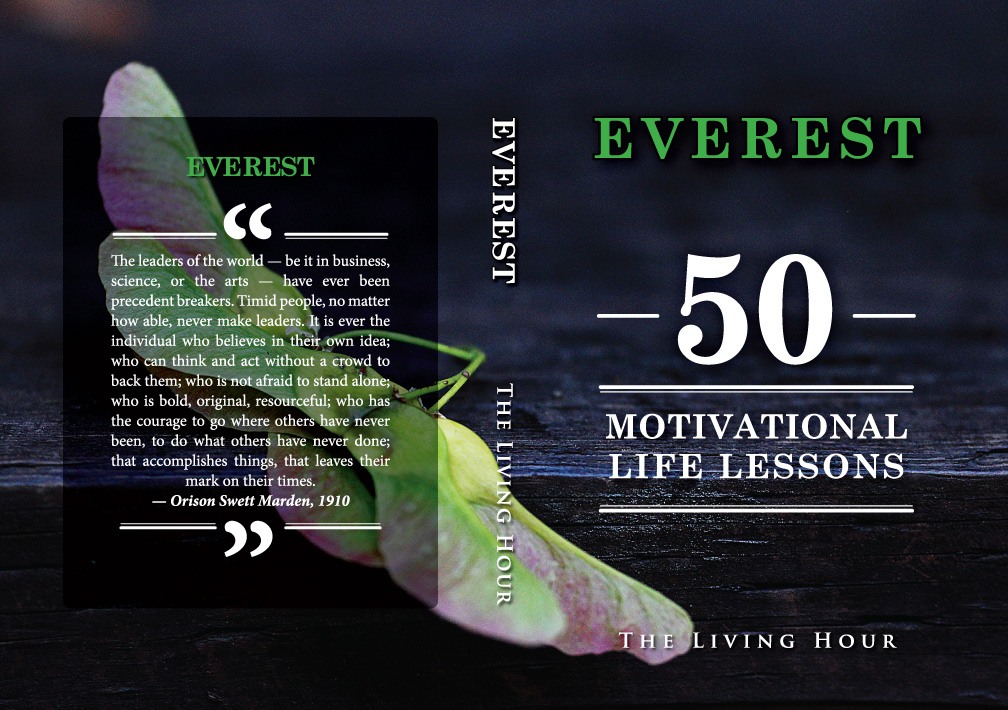29 Aug Indian Scout Talks | Charles Eastman Guide for Boy Scouts
Podcast Transcript: Welcome to the Inspirational Living podcast. One of the great things about doing this podcast is discovering wonderful authors who are no longer taught anymore. One such author is the Native American physician and author Charles Eastman, who was among the original founders of the Boy Scouts of America.
We featured Mr. Eastman this past Sunday in the Our Sunday Talks series, where we discussed Native American Spirituality. To learn how to gain access to Our Sunday Talks, please visit LivingHour.org/Sunday.
Today’s reading was also written by Charles Eastman, and was edited and adapted from the book Indian Scout Talks: A Guide for Boy Scouts and Camp Fire Girls, published in 1914.
TO be in harmony with nature, one must be true in thought, free in action, and clean in body, mind, and spirit. This is the solid granite foundation of character. Have you ever wondered why most great men and women were born in humble homes and passed their early youth in the open country?
There a child is accustomed to see the sun rise and set every day; there the rocks and trees are personal friends; the child’s geography is born with them, for they carry a map of the region in their head.
In civilization, there are many deaf ears and blind eyes. Because the average child in the town has been deprived of close contact and intimacy with nature; what they have learned from books they soon forget, or are unable to apply. All learning is a dead language to the student who gets it second hand.
It is necessary that you should live with nature, my friends, if only that you may verify to your own satisfaction your schoolroom lessons. Further than this, you may be able to correct some error, or even to learn something that will be a real contribution to the sum of human knowledge. That is by no means impossible to a sincere observer.
In the great laboratory of nature, there are endless secrets yet to be discovered. We will follow the method of my Indian ancestors, for the Native American is the only people I know who accept natural things as lessons in themselves, direct from the Great Giver of life. Yet there exists in the Indian, as in you, a dread of strange things and strange places; light and darkness, storm and calm, affect our minds as they do yours, until we have learned to familiarize ourselves with earth and sky in their harsher aspects.
Suppose that you are absolutely alone in the great woods at night. The Indian child was taught from babyhood not to fear such a situation, for the laws of the wilderness must necessarily be right and just, and we are almost universally respected by the animals, unless we ourselves are the aggressor. This is the normal attitude of trust in our surroundings, both animate and inanimate; and if our own attitude is normal, the environment at once becomes so.
It is true that an innate sense of precaution makes us fear what is strange; it is equally true that simplicity and faith in the natural wins in the end. I will tell you how I was trained, as a boy, to overcome the terror of darkness and loneliness. My uncle, who was my first teacher, was accustomed to send me out from our night camp in search of water. As we lived a roving life in pursuit of game, my errand led me often into pathless and unfamiliar woods.
While yet very young, all the manhood and self-reliance in me was called forth by this test. You can imagine how I felt as I pushed forward alone into the blackness, conscious of real danger from possible wild beasts and lurking foes. How thrilling, how tantalizing the cry of the screech-owl! Even the rustling of a leaf or the snapping of a dry twig under foot sent a chill through my body.
Novice that I was, I did not at once realize that it is as easy as swimming; all I needed was confidence in myself and in the elements. As I hurried through the forest in the direction my uncle had indicated, there seemed gradually to develop sufficient light for me to distinguish the trees along my way. The return trip was easier.
READ THE ENTIRE ESSAY IN EVEREST: 50 MOTIVATIONAL LIFE LESSONS

